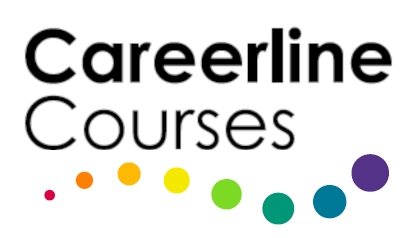Adventure tourism is an exciting and challenging career-path. Whether you are interested in starting your own tourism enterprise or working as a tour-guide or perhaps in back-up logistics or management, this course will provide you with the skills required to face the challenges, and ‘Live the Life’ that is this fast growing and exciting international Industry.
Many people have successfully turned their passion for sport, extreme sport, adventure, the wilderness, sailing, hiking, wildlife, history, diving, survival techniques, mountaineering; the list as endless as your imagination and the passions of your customers; into successful business enterprises that allow the entrepreneur the opportunity to take their own passion to a whole new level and profit as well.
Course Aims:
- Define the nature and scope of adventure tourism
- Identify types of adventure tours, and sources of information on them.
- Consider the requirements of managing an adventure tourism destination or service.
- Identify potential customers, customer needs and requirements in planning and conducting adventure tours.
- Identify various kinds of artificial environments for adventure tours, and the facilities typically provided at them.
- Discuss the requirements and problems associated with using natural locations for adventure tours.
- Identify ethical and environmental issues related to the field of study
- Identify kinds of risk and strategies for reducing their negative impacts on customers and operators.
Detailed Course Outline
This course is made up of a number of lessons or units. Each of these has self assessment questions, a set task (practical homework) and an assignment which you can upload online.
There are 8 Lessons in this course:
1. Scope and nature of Adventure tourism
-
- Introduction
- Historical themes
- Women travelers
- Adventure tourism experiences
- Motivating factors
- Adventure activities
- Limitations and risks
- Artificial environments
- Non-physical tourism
2. The Product: Sources and Types
-
- Types of (adventure) tourism
- Types of adventure locations
- Case Studies – New Zealand, India, Iceland, Africa and Brazil
- Sources of Information
3. Management
-
- Management Process
- Management Issues
- Staffing
- Training
- Transport
- Equipment Suppliers
- Media
- Voluntary Organisations
- Marketing
- Marketing Tools
- Seasonal Fluctuations
4. The Customer
-
- Adventure Tourism Customers
- Market Sector
- Tourist Motivation
- Conservation Tourism
- Adventure Tourist Behaviour
- Soft and Hard Adventurers
- Risk Taking
- Ecotourism
- Customer Expectations
5. Locations & Facilities – Artificial environments
-
- Artificial Environment Tourism
- Artificial Adventure Environments
- Advancement in Adventure Developments
- Examples of Artificial Adventure Tourism
- Advantages and Disadvantages of Simulated Adventure Tourism
- Classification of Artificial Adventure
6. Locations & Facilities – Natural
-
- Natural Environments
- Wildlife Tourism
- Case Study: Nature-based Tourism in Antarctica
- Ecotourism
- Benefits of nature-based tourism
- Nature-based Ecotourism
- Locations and destinations
- Health benefits of nature
- Advantages and disadvantages of nature-based tourism
7. Ethics, Sustainability and Environmental impacts
-
- Introduction
- Social and cultural impacts
- Environmental impacts
- Economic impacts
8. Risk management & Insurance
-
- Some categories of risk
- Risk management strategies and plans
- Assessing the risk
- The risk management plan
- Consequences of an event happening
- Crisis management
- Insurance
When you have completed the lessons of your Certificate course, you will be given the option of taking the optional exam. It’s okay if you don’t want the exam, we still issue your Careerline Certificate. For Advanced Certificates however, the exam is compulsory (per module) and are included in the course fee.

